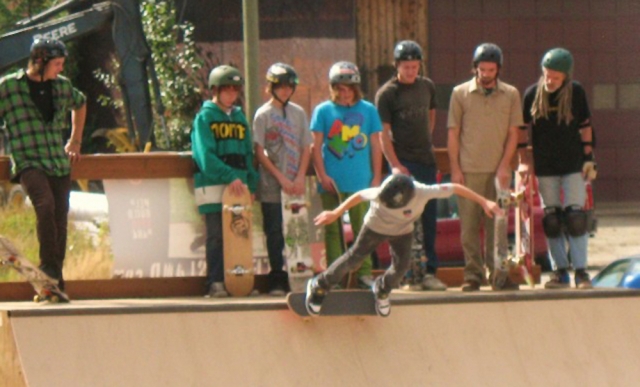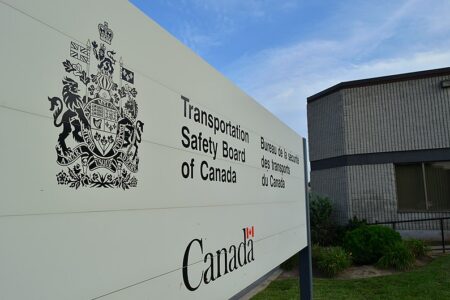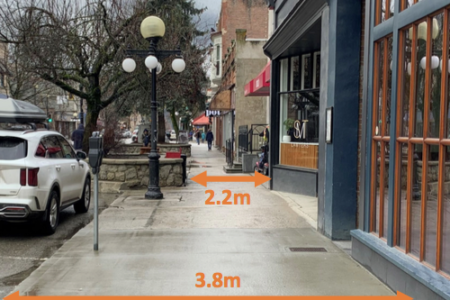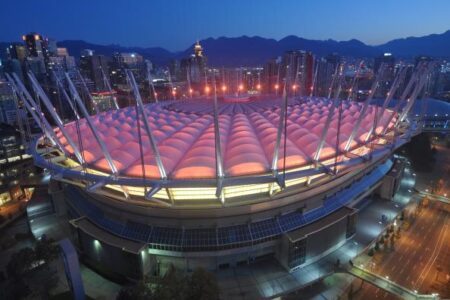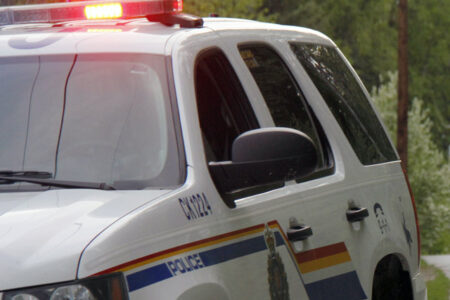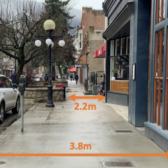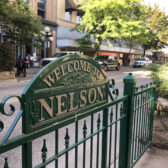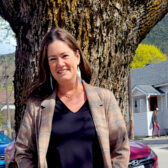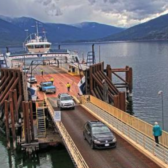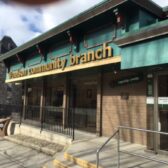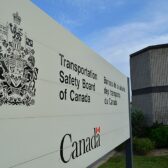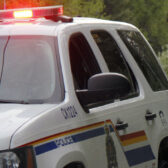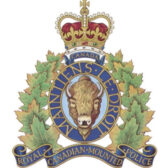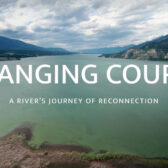Decade long quest for a skatepark in Rossland nears completion
With continued participation from the community and a little bit of luck, by the middle of next week Rossland will have chosen its preferred skate park location
Since the Rossland Skatepark Association’s last meeting in January, the first part of a re-launched site selection process, much work has been done.
That first meeting pulled people together and allowed the airing concerns by neighbours, general community members and skaters. The issues were discussed and a host of questions were raised for answering.
As part of that meeting, a list of criteria on how to judge the sites was also developed including things such as neighbourhood impact, site access and if the sites were technically feasible for the park. Since that meeting, a technical analysis of each site has been completed and an extensive report has been created by Les Carter who’s been facilitating the process. The analysis also details the experiences of 40 other communities around BC on their experiences locating, building and operating a skate park. Based on strictly the technical analysis, several potential sites had to be removed from consideration. The north end of Jubilee Park was one of these: an old swamp with a natural spring would be unable to properly drain. Looking at the pavement of the old basketball court on the site it was clear the concrete for the park would also not be able to settle properly. The Centennial Trailhead was eliminated as well. The site, mainly fill in the old gulch, would be unable to support the construction of such a structure. Innovative ideas like putting the park on the roof of Maclean Elementary were also knocked off the list as the engineering of the school simply could not support the weight of a concrete park. That leaves the following potential sites: Ross-Glen Park, the Emcon lot and Centennial Park. Folks interested in the issue, especially those who plan on attending the May 10 meeting, are encouraged to read through Carter’s report. The overriding theme of that report was that of the 40 communities contacted, very few (4 out of 40) had any issues around their skate parks and those that had problems were due to other underlying causes and reasons within the community and were not generated from the skate park itself. The long list of real life narratives of communities’ experiences with skate parks quickly identified repeating patterns through the data from which the key factors to be considered were extracted. First and foremost, the report made it clear that the park should be part of a neighbourhood and placed front and centre in the community. Such a move recognizes the legitimate desire of young people to gather and recreate in a place that doesn’t marginalize them. The report suggests that parks should at least 100 metres from the nearest house in order for noise not to be an issue. Parks at 30 m. or closer to residences required more effort in managing noise. The analysis also points out the virtues of running through an open community-building public process when developing the park and including local government in that discussion. It also helps if local government is brave enough to proactively make the decision to support the park. Thus far the Rossland Skatepark Association (RSA) has been excelling in these areas. The game plan for the May 10 event is to start with the list of criteria developed in January at the last meeting and look at that, along with the experiences of other communities, and analyze each proposed site. Attendees will be broken up into groups of six to eight people at each table will be asked to consider that site as if it is the only one available. The question will then be asked of how you could best build a skate park on that site. Adding an element of fun to the process each group will be given aerial cut-outs of the sites, a scaled ruler and small cut outs of skate park features to play around with and try out different configurations and setups. Each group will be asked to think about the site grading criteria and keep in mind things such as the distance to residences, roads, washrooms, and other surrounding facilities. Groups will develop and write down a list of all of the benefits and compromises of their site. Each group will present their findings on each site prior to launching into a group discussion to see if there is a consensus agreement on one particular proposal. If so, that will be the recommendation forward to city council which holds the final say. If no consensus is reached, then the group will compile a report to council. That report would contain the criteria developed for scoring, the information from other communities as well as the pro’s and con’s on each site. Council will then have a wealth of data to make an informed decision. Over 10 years in the making — dating back into the last millennium — the first generation of skaters who started the push for a skate park in town may now be into their 30s but if all goes according to plan, their dream may soon come true.



